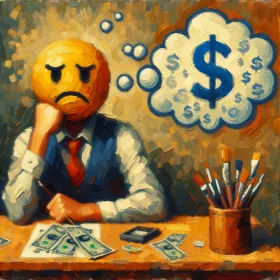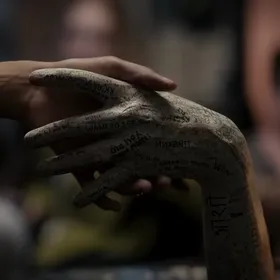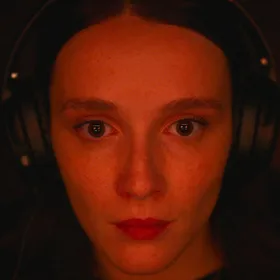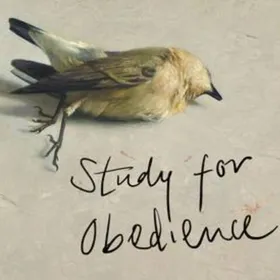I read this on the recommendation of a friend. My wife and I asked about how they manage their personal finances, especially in the context of a couple. Not to get too much into my personal life, but money can sometimes be a minefield in our relationship, and we were looking for suggestions.
The first part of this book didn’t really click with me, because it’s about all the pitfalls that cause people to overspend: pressure from one’s social circle (“keeping up with the Joneses”), the distortions of social media, etc. Overspending is not really a problem for us, so I couldn’t relate.
But, I can say that once the book moved into practical advice on how to manage finances, I found a lot to like. Ultimately, it led me to a new perspective on budgeting. (In the book’s rhetoric, it recommends not budgeting, but really, it’s just budgeting in a different way.) To summarize:
The old way: we allocate a budget for expenses, and whatever’s left over is savings. The trouble is, sometimes expenses are unpredictable, so it feels like we’re taking away from our savings. Also, any sort of “fun” spending feels wrong because it’s also taking away from savings.
The new way: allocate a budget for predictable expenses and savings. Savings are further broken down, so that the intent is clear: e.g., is it for retirement, for an emergency repair, for an upcoming big purchase? Then, whatever’s left over can be spent without worry.
It’s a subtle shift in mindset, but one that I hope will take away some of the stress and anxiety around money. I can’t say if it works yet, but maybe I’ll check back in with another post after putting it into practice.









